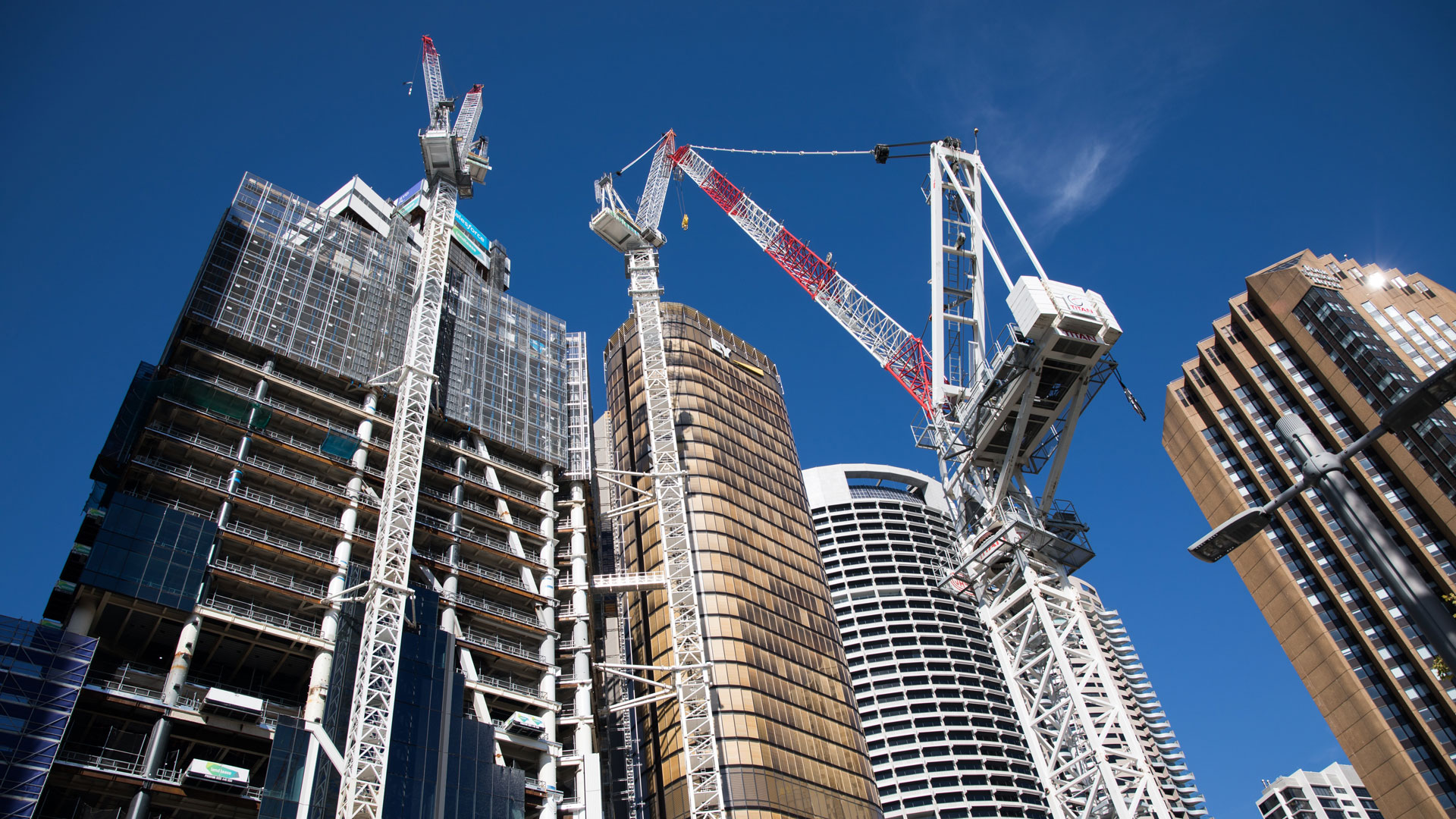Trace Labs, a WEB 3 developer, joins the EU’s efforts to create a smarter and more sustainable built environment with the BUILDCHAIN project. With its 11 EU partners, Trace Labs aims to improve efficiency, reduce errors, and increase transparency and trust in construction.
Efficient, transparent, and trusted data exchange is a powerful tool for driving sustainability, resilience, and energy efficiency in construction. However, there are several obstacles to trusted data exchange in the industry today:
- Data silos: Construction projects involve multiple parties and stakeholders, each of which may have its systems for storing and sharing information. This can lead to data silos and a lack of coordination, making it difficult to access and trust the data.
- Lack of standardization: Construction projects may use different formats for storing and sharing data, leading to difficulties in comparing and combining information from various projects.
- Data security: Construction projects often involve sensitive information, such as building plans, materials lists, and inspection results. Ensuring this information is secure and protected from unauthorized access can be a significant challenge.
- Lack of incentives: There are often few incentives for construction companies and other stakeholders to share data and collaborate on projects, making establishing trust and transparency challenging.
Blockchain and AI to create a complete overview of the building life cycle
With financial support from the European Union, BUILDCHAIN aims to develop technological solutions to enhance data exchange and transparency.
Over the three-year project, the partners will build a knowledge base that various actors will use to trace all activities related to the complete life cycle of buildings.
Trace Labs’ main contribution will be the integration of OriginTrail Decentralized Knowledge Graph (DKG) with the existing EU Digital Building LogBook system. The result is a new robust knowledge base with blockchain and artificial intelligence capabilities.
The DKG will provide a tamper-proof and decentralized database that all parties involved in a building’s life cycle can access, including architects, contractors, building owners, and regulators. This helps increase transparency, trust, and collaboration among all stakeholders through the following:
- Connected knowledge assets as digital twins: DKG will provide an open, single source of truth for all building-related data, including plans, materials, inspection results, and more. This will make it easy for all parties to discover, access, and update the information in real-time, improving communication and collaboration.
- Data verification: With blockchain technology, all data added to the DKG is fingerprinted and cannot be tampered with, ensuring the authenticity of the data of the building’s life cycle.
- Predictive maintenance: AI and machine learning can be used to analyze data from the DKG to identify patterns and predict future outcomes, such as maintenance needs. This can help improve building maintenance and reduce downtime.
- Compliance and regulations: DKG can ensure compliance with building codes and regulations by storing all relevant information standardized and making it accessible to regulators in real time.
Source: Trace Labs, January 12, 2023
View the original article and our Inspiration here


Leave a Reply